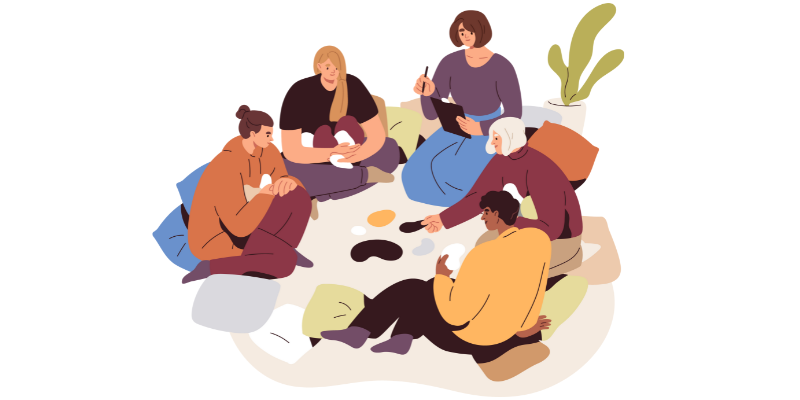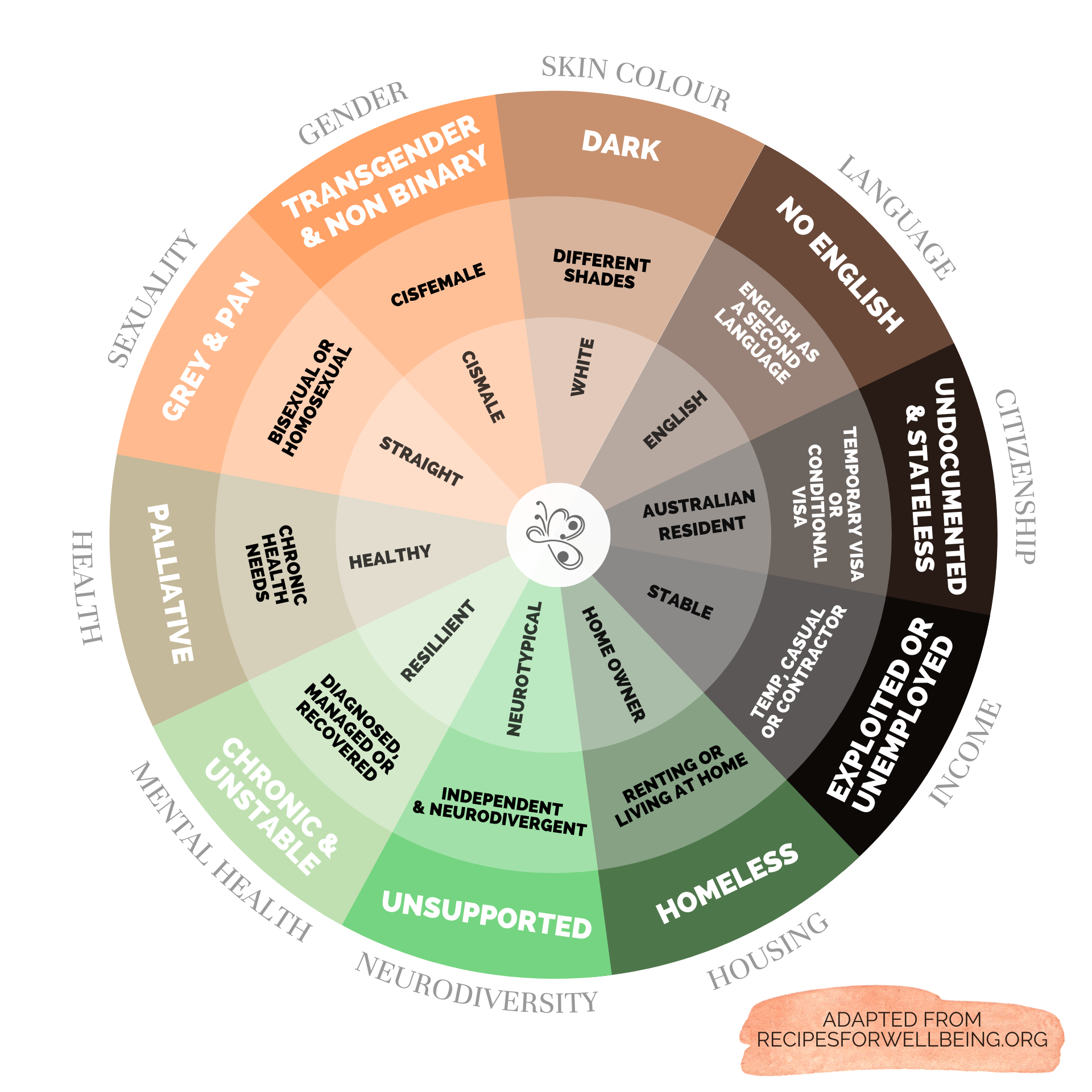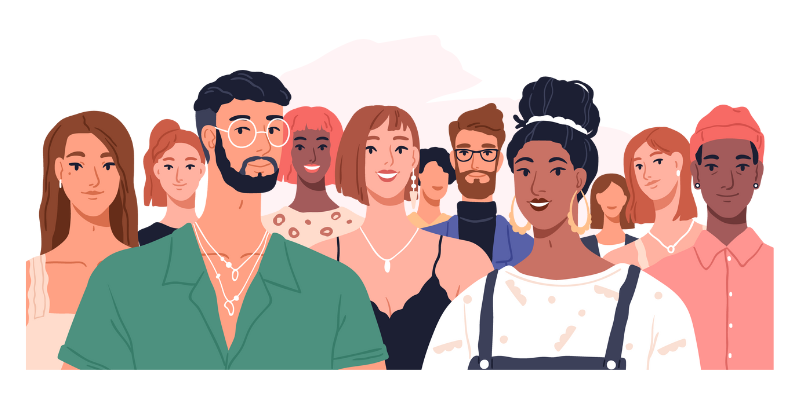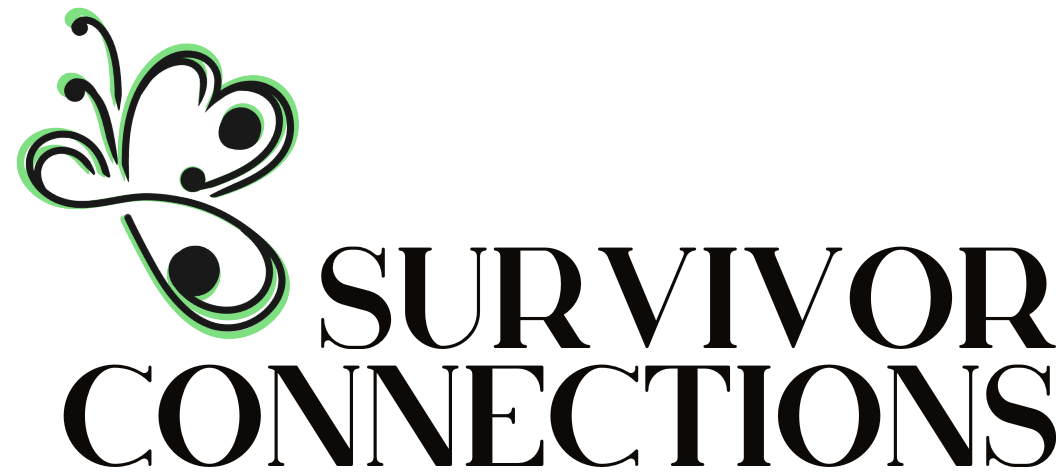Inclusivity and Sharing Power

At Survivor Connections we believe that situations of Modern Slavery do not discriminate. They can affect anyone from any background, gender, sexual orientation, or religion.
However, there are certain things that can increase someone's risk of ending up in situation of Modern Slavery.
These risk factors often centre around systems that put certain groups of people in a place of disadvantage. Social structures of discrimination disempower people due to their situation in life. When people are disempowered, they are socially and financially vulnerable.
The two key elements that seem present in virtually every case of Modern Slavery regardless of the person’s background are these two things:
- An element of financial desperation and/or
- Social isolation
The Wheel of Power and Privilege can be useful to understand how certain things can dis-empower people and make them vulnerable to exploitation.

At Survivor Connections we are committed to addressing issues of power and privilege in a way that seeks to empower every survivor, regardless of background.

Here are some ways we like to do this:
1. We acknowledge diversity
We recognize that survivors come from diverse backgrounds and experiences, including different genders, sexual orientations, races, ethnicities, cultures, religions, abilities, and socio-economic backgrounds.
We aim to create a safe space where everyone feels valued and heard.
2. Enable learning
There may be instances in which someone may not have the knowledge or experience to be sensitive.
We hope that people can share in a way that promotes education and empathy.
As survivors, our opinions often come from a place of pain, but we encourage people try and be open to the possibility that someone else pain may make them see things differently.
At Survivor Connections we aim to learn from each other. Sometimes we will make mistakes, but we always aim to learn how to be more respectful.
3. Caring language
The use of language is crucial in creating an inclusive environment. Please let us know what your pronouns are or if there are other ways that we can use language or tools to make things feel safer for you.
4. Avoid assumptions
It's important to avoid assumptions about each others' experiences, feelings, perspectives or identities. Rather, allow others to share their experiences in their own words, and respect their perspectives and feelings.
Use ‘I’ or ‘me’ statements rather than ‘we’ ‘all survivors’ when sharing.
5. Respect boundaries
Survivors may have different comfort levels when it comes to sharing personal information or experiences. It's important to respect everyone's boundaries and avoid pressuring them to disclose more than they are comfortable with.
6. Create a safe space
A safe space means that we can share our experiences and feelings without fear of judgement or criticism.
We also want to make sure that we are considering each other’s well-being at all times.
We ask for respectful communication, even when we disagree.
We also ask that people provide content warnings, and check in regarding the ground rules for discussion, i.e.: is it an appropriate time to disclose abuse in detail, or is that better done at another time?
7. Address power dynamics
Power dynamics can emerge in any group setting, and it's important to be mindful of how power is distributed.
We want to make sure that all survivors have equal opportunities to participate and contribute. If you have done a lot of talking, ensure that someone else has a chance to share.
We all know how painful it has been when we felt we were silenced for a long time, so let’s make sure that everyone feels heard in our spaces.
Promoting inclusivity

By promoting inclusivity in survivor groups, we can create an environment where all survivors feel safe, supported, and empowered.
You are not alone, and it is possible to heal and connect with others who share similar experiences.
Find out more about exploitation, human trafficking and modern slavery:


